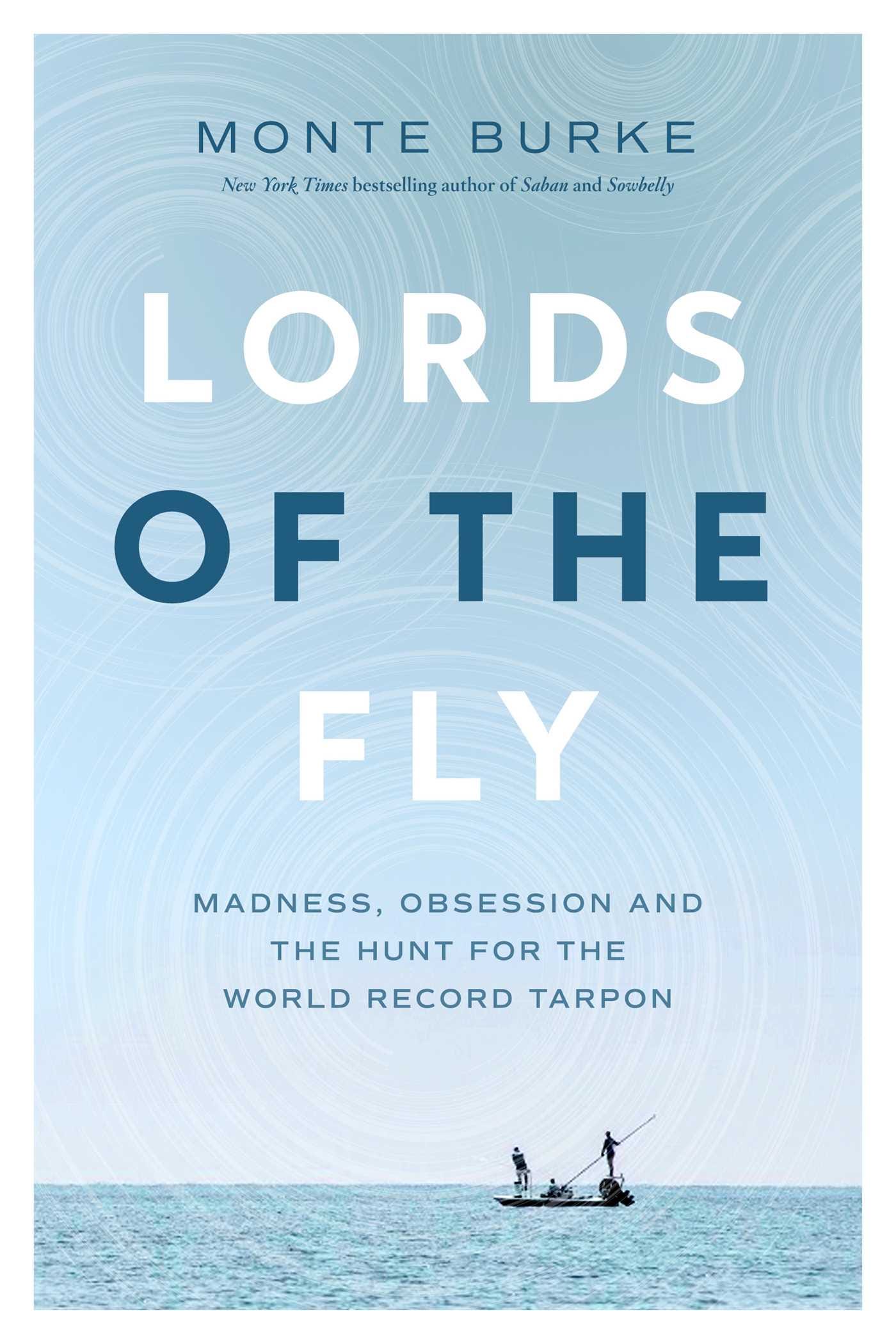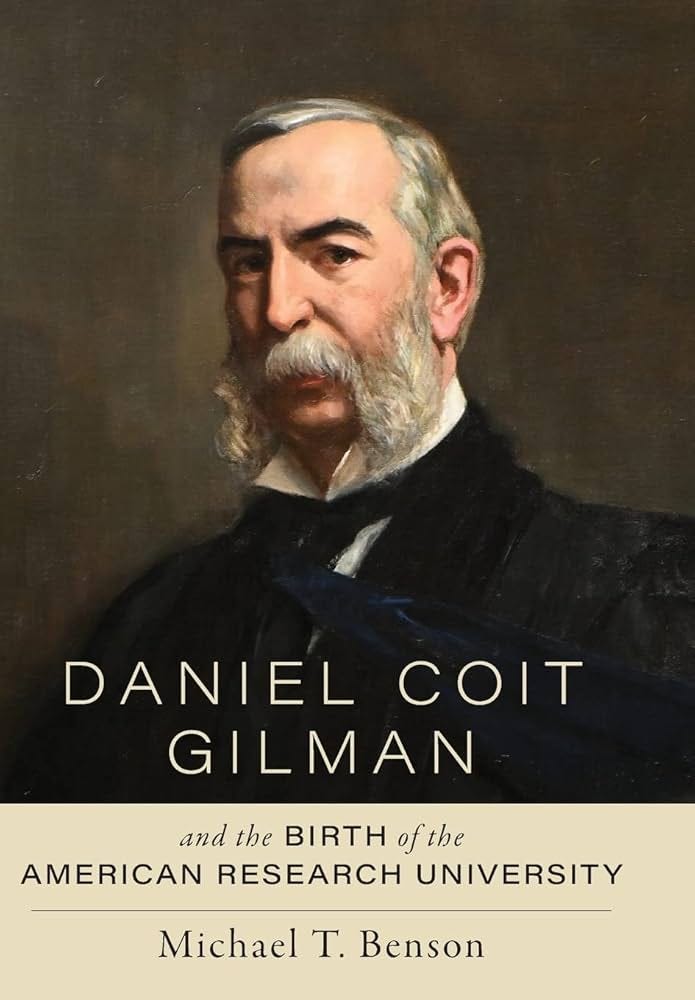Good morning!
This is the first issue of my new newsletter, Money Games.
Every month, I’ll share my unfiltered take on a pressing topic in sports, business, or leadership (and sometimes all three). This will be a place where I can get a little more personal, share some of the lessons I’ve learned over my career in sports and on Wall Street, and stay connected with the many friends and colleague who have enriched my life over the years.
Let me know what you think in the comments and please share this if you like it.
I hope you enjoy.
— Joe
In this issue:
The Pro Sports Betting Reckoning & Reevaluating Pete Rose
My favorite books right now
A BAM leadership lesson for December
The Pro Sports Betting Reckoning
Sports gambling may be big business in the U.S., but professional leagues continue to fight a losing battle when it comes to integrity.
Over the past year or so, players have been punished with lifetime bans by the NBA, NFL, and MLB for betting on games. The massive $16 million theft committed by Shohei Ohtani’s translator to pay back a bookie certainly didn’t look good either.
Clearly, professional athletes and members of pro sports organizations are gambling on their sports. The leagues see this as an existential threat warranting the harshest response, but that mindset is increasingly out of step with society.
While sports betting can pose a potential risk to the integrity of professional sports, the attitudes and policies of the leagues are not just ineffectual—clearly people are gambling despite the prohibition—but also nonsensical. When people talk about concerns over integrity, they typically imagine situations where a player has money riding on the outcome of a game they are competing in and could choose to drop a few passes or throw a few more balls in an attempt to change the outcome.
That would be bad, and banning players, officials, and staff from betting on their own team’s games makes complete sense and is the right thing to do.
What doesn’t make sense, however, is the idea that a player betting on a game in which they have no standing—rather than on a game they’re participating in—would somehow affect the integrity of the sport. If I play for the Mets and bet on a game between the Guardians and the Orioles, how would that harm the integrity of the sport in any way?
I might have an edge on the betting because I understand the sport better, but that would in no way affect the outcome of the game. Betting regulators may be concerned about insider information, like whether a player is going to sit on a particular night; this doesn’t affect the integrity of the game, but of the betting market. If regulators are concerned about the integrity of betting markets, rather than attempting to ban players from betting on their sports, they should require teams to add a compliance officer who can review bets that players want to make, just as a Wall Street firm vet trades.

For many years, Pete Rose was the poster child of a professional athlete who flaunted the prohibition on sports betting. He famously received a lifetime ban from baseball, including the Hall of Fame, for betting on games—although he never bet on a game he was involved in. When that punishment was handed down, it was suitable because sports betting in general was illegal in the United States. It wasn’t just that the MLB was concerned about the integrity of the game; they believed Rose had actually broken the law.
Things are different now. Sports betting is not just big business in the United States, it’s been wholly embraced by the leagues and teams. Pro teams play in Las Vegas and telecasts are full of gambling ads. Plus, teams have sold sponsorships, opened branded spaces, even sportsbooks in their arenas.
It’s time that league leadership catch up to the rest of the world and fully embrace sports betting—both commercially and in terms of how they treat their players. The only way to guarantee the integrity of our sports is to be clear eyed, realistic, and rational about the rules we put in place and how they are enforced. Players and staff should still be prohibited from betting on their own team’s games. They shouldn’t be punished for betting on other games.
This distinction would provide an above board way for professional athletes to gamble—which they’re doing anyway—while making it clear that those who do put the integrity of the sport or betting markets at risk will be punished.
By the same token, Rose’s purgatory went onp far too long. What he was originally punished for is now a legal activity in the United States. It’s beyond sad that he never got his due while he was alive. He deserves to be honored now. It’s time that the MLB acknowledge what an incredible athlete he was. He deserves to be in the Hall of Fame, albeit posthumously.
The pro leagues will lose nothing by updating their rules around sports betting, but they’ll gain considerable credibility. Adding compliance officers to ensure the integrity of betting markets is just common sense. Then, it will be clear that when they do punish someone for gambling, it’s because their actions actually endangered the integrity of the game. And it will enable the MLB to finally correct one of the great injustices of sports and give Rose his due as an exceptional athlete.
Recently Published
What Trump’s Big Tariff Announcement Really Means — Forbes.com
I take a deep dive on how tariffs really work and what President-elect Donald Trump’s plans could mean for American consumers and businesses.
The NCAA’s settlement simply kicks the can on the inevitable and delays much needed change.
My Bookshelf
I enjoy reading different things depending on my mood. Here’s what I’m reading this month, a couple of books from my friends.
Lords of the Fly: Madness, Obsession, and the Hunt for the World Record Tarpon by Monte Burke — available on Amazon.
Daniel Coit Gilman and the Birth of the American Research University by Michael T. Benson — available from Johns Hopkins University Press.
Bam Leadership Lesson of the Month
My leadership philosophy is simple. It has guided my personal and professional life for five decades.
A real leader must:
Stand on your own two feet
Take responsibility for your actions
Treat everyone with dignity and respect
Recognize you will live with the consequences of your actions
Each month, I’ll share one lesson from my dynamic career across football and business.








Coach, great read here. I find it interesting how teams and leagues have embraced sports betting, prime example “betting partners of ‘league XYZ’”…always a connection to money. It is slightly disheartening most leagues’ stance with the neglect of using the framework most European clubs have used with gambling being a prevalent part of the sport culture. Now we are seeing FanDuel as a regional television partner for teams as the RSN model has failed smaller market teams.
Pete said…”I should have had an interpreter” ..He would be in the HOF.